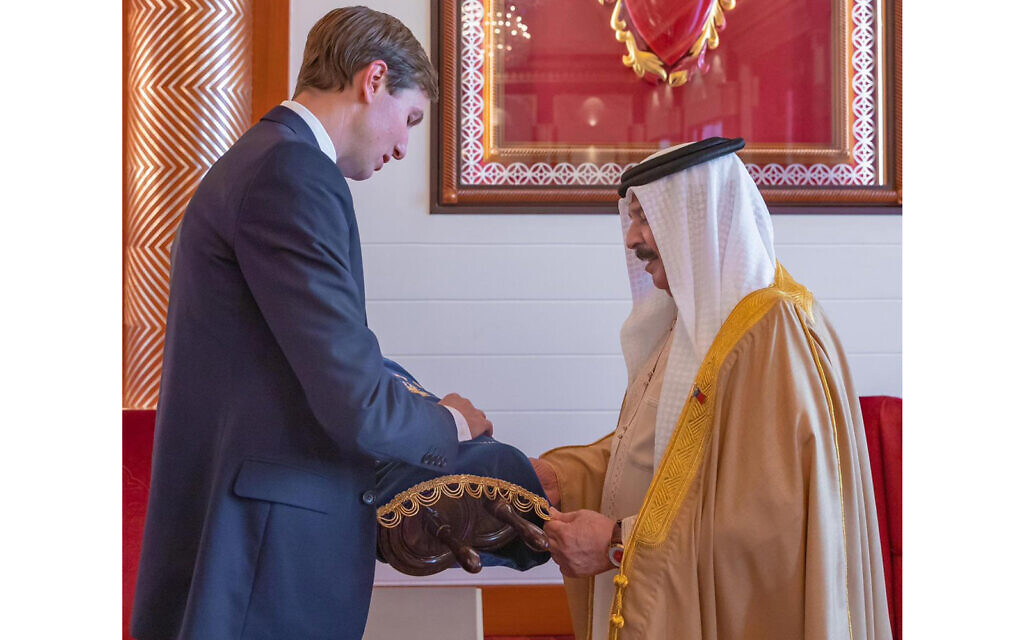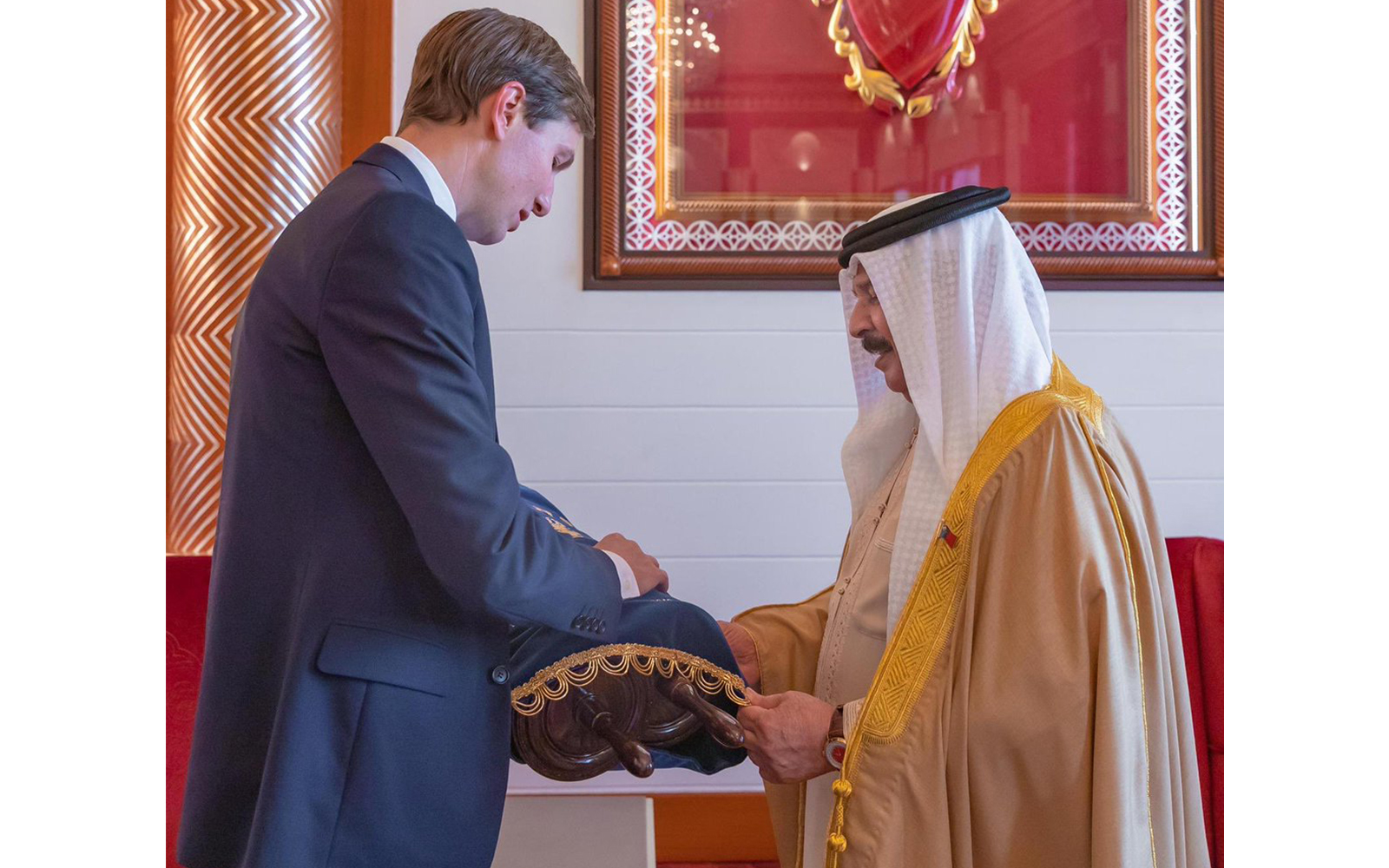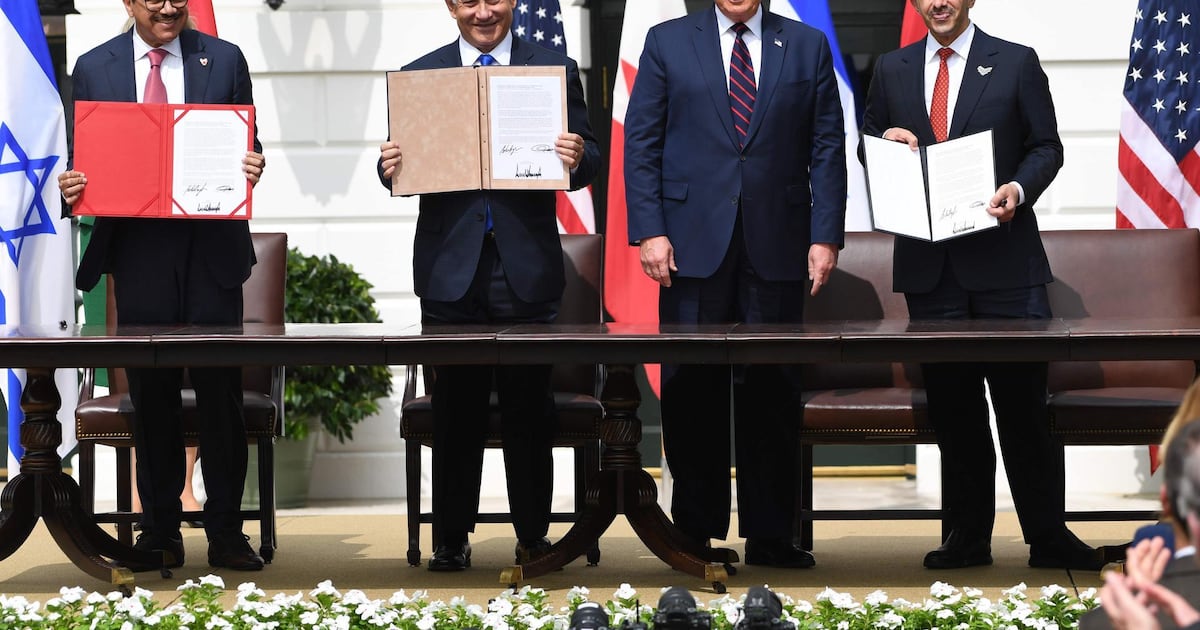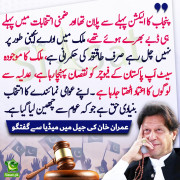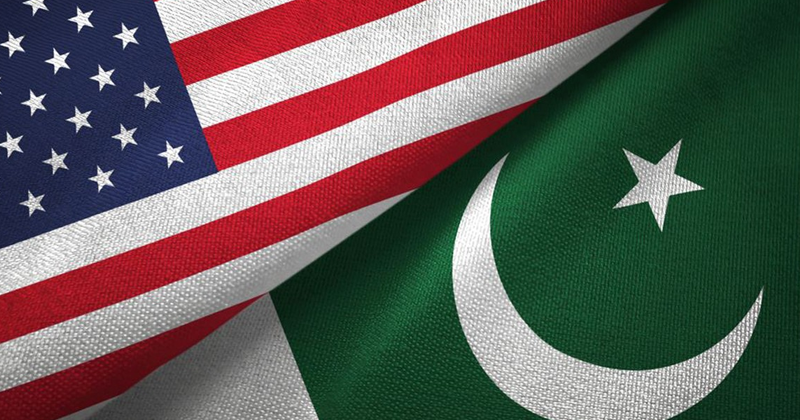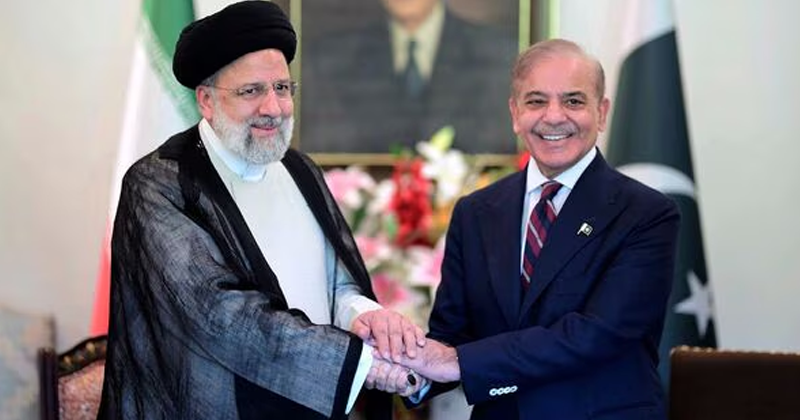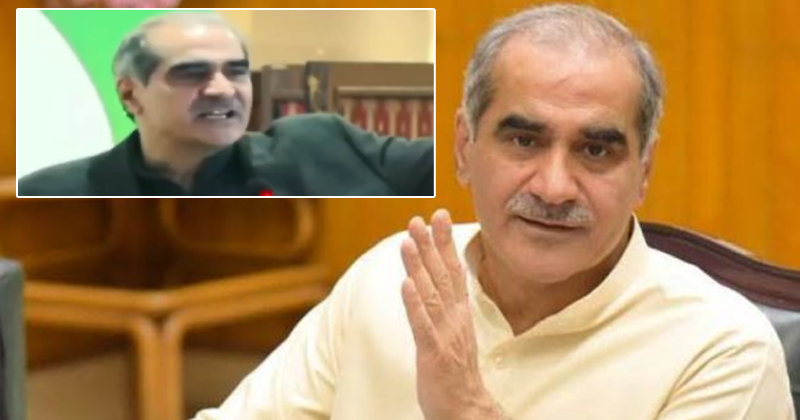Convincing Islamists, fascists and all anti-Zionists that the Palestinian-Israeli conflict is over

Ending the Israeli-Palestinian Conflict Illustration by Greg Groesch/The Washington Times
ANALYSIS/OPINION:
In the wake of the exhilarating joint United Arab Emirates-Israel statement, that old sourpuss, Hanan Ashrawi, emerged from her hole to pronounce that “There is an erroneous assumption that the Palestinians are defeated, and they have to accept the fact of their defeat.” No, she insisted, “The Palestinians are willing, generation after generation, to continue their struggle.”
There you go, an unambiguous statement of intent from my old adversary, mirroring the views of both the Palestinian Authority and Hamas: No matter what anyone else does, she says, we Palestinians will battle unto the end of time to eliminate the Jewish state and subjugate the Jews.
Now, some may wonder: Didn’t Yasser Arafat long ago accept Israel, was that not the gist of the 1993 Oslo accords, when he recognized “the right of the State of Israel to exist in peace and security?” No, he only pretended to accept Israel.
Let me explain.
For the first 19 years of Israel’s modern existence, 1948-67, virtually all Arabic-speakers viewed it disdainfully as a bug that somehow escaped getting squashed, blithely confident that their overwhelming size, resources and diplomatic heft would enable them eventually to remedy that problem.
Then came the shock of the 1967 Six-Day War, when Israel rapidly achieved a near-total victory over four Arab armies and seized territory at-will from three of its neighbors. This thrashing sobered Arab state leaders, who now focused attention on winning back their lost territories rather than eliminating Israel, a task they happily turned over to the Palestinians, who joyfully received it.
Egypt left the field in 1977, Jordan in 1994, and Syria came tantalizingly close in 2000. But what about the Palestinians and their 1993 accord? At this point, two interpretations kick in, the naive and the realistic.
The naive view, which prevails internationally, holds that Arafat and the other Palestinian leaders, including the current one, Mahmoud Abbas, are completely serious about accepting “the right of the State of Israel to exist in peace and security.” Therefore, moving forward requires the Israelis to be more generous. Outside powers try to make themselves useful by pressuring Jerusalem to be more forthcoming, which they are only too pleased to do.
The realistic view — now dominant in Israel — holds that Palestinians never reconciled themselves to Israel’s existence. To be sure, Palestinians acknowledged their weakness in 1993 by making empty promises. But, as Mrs. Ashrawi reiterates, they never abandoned the goal of eliminating Israel.
Rather, they bided their time, probing for signs of weakness. They seemed to find these in the Oslo accords, Israel’s 2000 retreat from Lebanon and 2005 withdrawal from Gaza. Exhilarated, Palestinians ramped up the violence, believing they had a fatigued Israel on the run, that pure revolutionary fervor made up for economic and military weakness, that Muslims would annihilate Jews.
But they were wrong: The powerful Israeli state had made painful concessions in the hope that its enlightened self-interest would turn Arafat, Abbas and Co. into “partners for peace” and settle an antediluvian conflict obstructing its creative culture and hi-tech prowess. And so, the would-be revolution failed.
With time, Israelis — and youths far more so than their elders — realized that the hopeful discarding of deterrence in favor of appeasement and then unilateral withdrawal inspired not Palestinian goodwill but dreams of conquest. Israelis finally understood they had failed to perceive the continued Palestinian determination to eliminate the Jewish state; that they had ignored the persistent Palestinian drive for victory.
This hard-earned insight now needs to be translated into a new strategy. But which? Not “price tag” attacks on West Bank Palestinians, foul provocations that discredit Zionism. Not annexing parts of the West Bank, which undermines the integrity of Israel and spurs widespread opposition.
Rather, it is achieved by crushing the Palestinians’ persistent anti-Zionist dream, by an Israel victory based on an indominable Israeli will. Palestinian insistence on victory, in other words, compels a parallel Israeli retort. Fortunately for Israel, the Palestinians lack muscle but rely on fumes: religious doctrine, international support and Israeli timidity.
While naifs seek yet more useless agreements premised on counterproductive Israeli concessions, we realists scoff and call for Israel to win. We understand that only defeat will convince Palestinians like Mrs. Ashrawi, and through them Iranian, Turkish, Islamist, leftist, fascist and other anti-Zionists, that the century-plus conflict is over, that Israel has prevailed, and that the time has come to give up on futile, painful and genocidal ambitions.
• Daniel Pipes (DanielPipes.org, @DanielPipes) is president of the Middle East Forum.

 www.washingtontimes.com
www.washingtontimes.com

Ending the Israeli-Palestinian Conflict Illustration by Greg Groesch/The Washington Times
ANALYSIS/OPINION:
In the wake of the exhilarating joint United Arab Emirates-Israel statement, that old sourpuss, Hanan Ashrawi, emerged from her hole to pronounce that “There is an erroneous assumption that the Palestinians are defeated, and they have to accept the fact of their defeat.” No, she insisted, “The Palestinians are willing, generation after generation, to continue their struggle.”
There you go, an unambiguous statement of intent from my old adversary, mirroring the views of both the Palestinian Authority and Hamas: No matter what anyone else does, she says, we Palestinians will battle unto the end of time to eliminate the Jewish state and subjugate the Jews.
Now, some may wonder: Didn’t Yasser Arafat long ago accept Israel, was that not the gist of the 1993 Oslo accords, when he recognized “the right of the State of Israel to exist in peace and security?” No, he only pretended to accept Israel.
Let me explain.
For the first 19 years of Israel’s modern existence, 1948-67, virtually all Arabic-speakers viewed it disdainfully as a bug that somehow escaped getting squashed, blithely confident that their overwhelming size, resources and diplomatic heft would enable them eventually to remedy that problem.
Then came the shock of the 1967 Six-Day War, when Israel rapidly achieved a near-total victory over four Arab armies and seized territory at-will from three of its neighbors. This thrashing sobered Arab state leaders, who now focused attention on winning back their lost territories rather than eliminating Israel, a task they happily turned over to the Palestinians, who joyfully received it.
Egypt left the field in 1977, Jordan in 1994, and Syria came tantalizingly close in 2000. But what about the Palestinians and their 1993 accord? At this point, two interpretations kick in, the naive and the realistic.
The naive view, which prevails internationally, holds that Arafat and the other Palestinian leaders, including the current one, Mahmoud Abbas, are completely serious about accepting “the right of the State of Israel to exist in peace and security.” Therefore, moving forward requires the Israelis to be more generous. Outside powers try to make themselves useful by pressuring Jerusalem to be more forthcoming, which they are only too pleased to do.
The realistic view — now dominant in Israel — holds that Palestinians never reconciled themselves to Israel’s existence. To be sure, Palestinians acknowledged their weakness in 1993 by making empty promises. But, as Mrs. Ashrawi reiterates, they never abandoned the goal of eliminating Israel.
Rather, they bided their time, probing for signs of weakness. They seemed to find these in the Oslo accords, Israel’s 2000 retreat from Lebanon and 2005 withdrawal from Gaza. Exhilarated, Palestinians ramped up the violence, believing they had a fatigued Israel on the run, that pure revolutionary fervor made up for economic and military weakness, that Muslims would annihilate Jews.
But they were wrong: The powerful Israeli state had made painful concessions in the hope that its enlightened self-interest would turn Arafat, Abbas and Co. into “partners for peace” and settle an antediluvian conflict obstructing its creative culture and hi-tech prowess. And so, the would-be revolution failed.
With time, Israelis — and youths far more so than their elders — realized that the hopeful discarding of deterrence in favor of appeasement and then unilateral withdrawal inspired not Palestinian goodwill but dreams of conquest. Israelis finally understood they had failed to perceive the continued Palestinian determination to eliminate the Jewish state; that they had ignored the persistent Palestinian drive for victory.
This hard-earned insight now needs to be translated into a new strategy. But which? Not “price tag” attacks on West Bank Palestinians, foul provocations that discredit Zionism. Not annexing parts of the West Bank, which undermines the integrity of Israel and spurs widespread opposition.
Rather, it is achieved by crushing the Palestinians’ persistent anti-Zionist dream, by an Israel victory based on an indominable Israeli will. Palestinian insistence on victory, in other words, compels a parallel Israeli retort. Fortunately for Israel, the Palestinians lack muscle but rely on fumes: religious doctrine, international support and Israeli timidity.
While naifs seek yet more useless agreements premised on counterproductive Israeli concessions, we realists scoff and call for Israel to win. We understand that only defeat will convince Palestinians like Mrs. Ashrawi, and through them Iranian, Turkish, Islamist, leftist, fascist and other anti-Zionists, that the century-plus conflict is over, that Israel has prevailed, and that the time has come to give up on futile, painful and genocidal ambitions.
• Daniel Pipes (DanielPipes.org, @DanielPipes) is president of the Middle East Forum.

Convincing Islamists, fascists and all anti-Zionists that the Palestinian-Israeli conflict is over
Hanan Ashrawi, emerged from her hole to pronounce that “There is an erroneous assumption that the Palestinians are defeated, and they have to accept the fact of their defeat.” No, she insisted, “The Palestinians are willing, generation after generation, to continue their struggle.”


